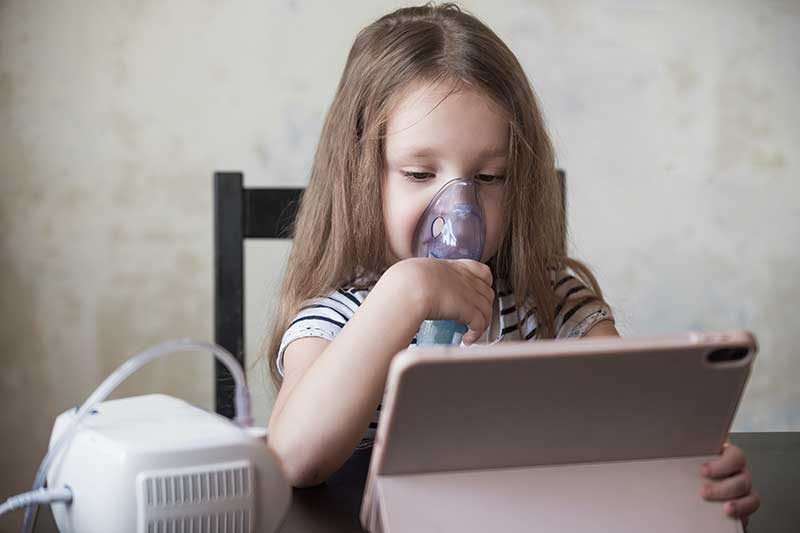Parenting children with allergies can be difficult, but with the proper knowledge and preparation, you can help your children live a joyful and healthy life. Children are experiencing a rise in the prevalence of allergies, which negatively impacts their quality of life and daily activities. In this blog, we will discuss techniques for effectively managing children’s allergies, allowing them to flourish and enjoy childhood to the utmost.
Identify and Understand Allergy Triggers
Identify and Understand Allergy Triggers The initial stage in managing allergies in children is identifying and understanding the allergens that cause allergic reactions. Pollen, pet dander, dust mites, certain foods, and insect injuries are common allergen triggers. Keep a journal of your child’s activities and symptoms to assist in the identification of potential allergens. Consult a pediatric allergist to conduct allergy tests and identify the specific triggers if you suspect an allergy.
Create a Home Environment Friendly to Allergies
Your child’s health requires that you transform your residence into an allergen-free zone. Clean and dust surfaces frequently, launder linens in hot water, and purchase allergen-resistant mattress and pillow covers. Utilize a vacuum cleaner with a HEPA filter to effectively capture allergens. During peak pollen seasons, minimize allergen exposure by keeping windows closed and using air purifiers with HEPA filtration to maintain indoor air quality.
Educate Your Child About Allergies
Teach Your Child About Allergies Educating your child about their allergies will enable them to take an active role in managing their health. Explain the significance of avoiding specific allergens as well as how to identify and report allergic symptoms. Develop with your child a simple action plan outlining what to do in the event of an allergic reaction, including how and when to administer any prescribed medications, such as antihistamines or epinephrine auto-injectors (EpiPen).
Communicate with Caregivers and School
Ensure that everyone involved in your child’s care, including caregivers, teachers, and school staff, is aware of his or her allergies and knows how to respond to an emergency. Provide all relevant parties with written instructions, emergency contact information, and a copy of the allergy action plan. Check with school officials frequently to ensure your child’s classroom requirements are being met.
Mindful Meal Planning
If your child suffers from dietary allergies, meal planning becomes essential. Carefully read food labels and inform your child about the foods they should avoid. Be wary of cross-contamination in restaurants and kitchens. To avoid accidental exposure, pack healthy munchies and lunches for school or excursions. Include your child in meal planning and preparation to give them a greater sense of control over their diet.
Encourage Regular Exercise and a Healthy Lifestyle
Encourage Regular Exercise and a Healthy Lifestyle: Adopting a healthy lifestyle can enhance your child’s immunity and well-being in general. Encourage regular physical activity and provide a diet rich in fruits, vegetables, and whole grains. A robust immune system can aid in reducing the intensity and frequency of allergic reactions.
Conclusion
Children’s allergy management is a continuous process requiring vigilance, communication, and education. You can help your child live a joyful and healthy life despite their allergies by identifying allergy triggers, creating an allergy-friendly environment, and educating them about their allergies. Always collaborate with caregivers and school administrators to ensure your child’s protection. With proper management, your child’s allergies should not hinder their ability to appreciate childhood to the fullest.
